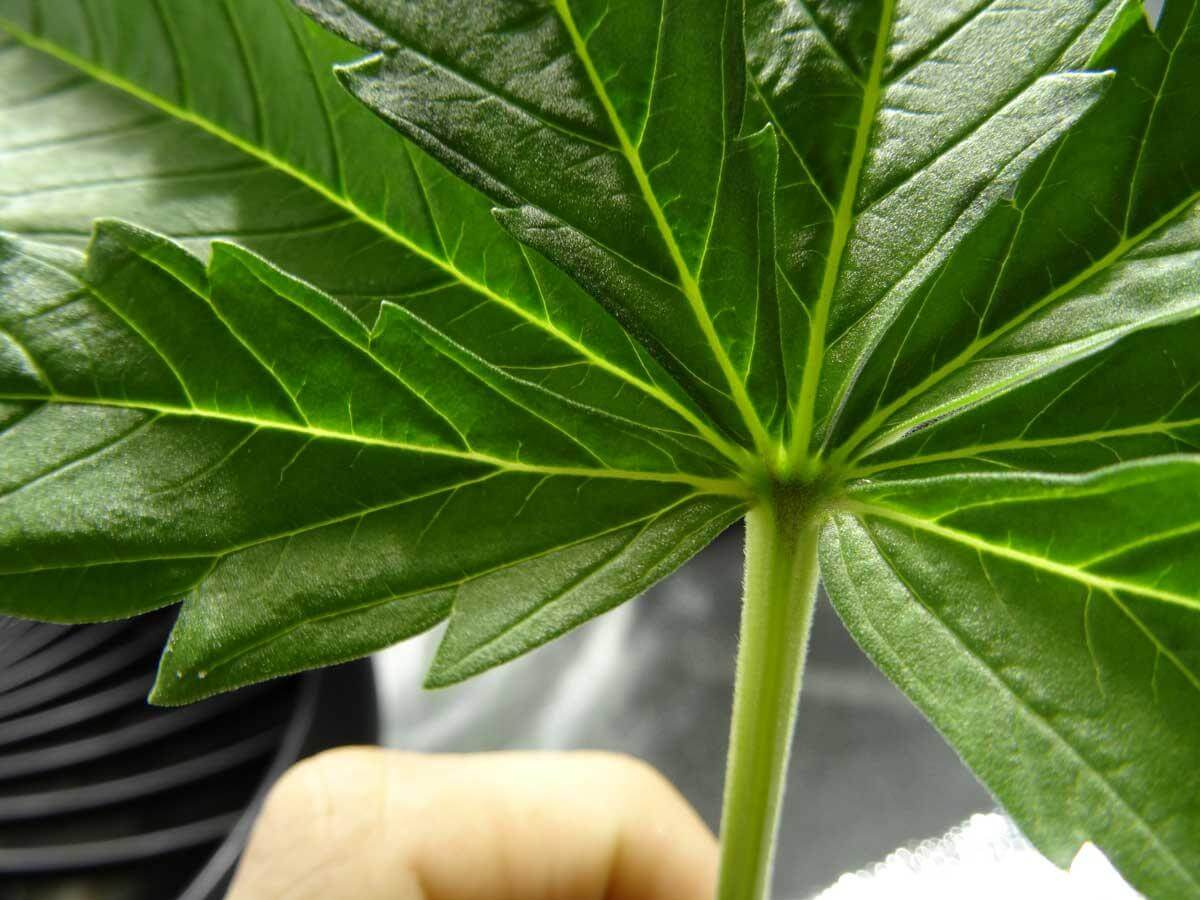Quebec launched a campaign of nightmarish PSAs that have been dismissed as uninformative, one licensed producer is overhauling its packaging in an effort to reduce waste, and Ontario has begun to announce locations for proposed cannabis stores set to open in April.
We’ve rounded up this week’s top stories from across Canada.
Quebec Launches Nightmarish PSAs, Horrifies with Futility
Quebec’s Ministry of Health and Social Services decided to make the most of its $1.5-million cannabis-education budget and invested in a series of bizarre, nightmarish, and uninformative cannabis PSAs that will run on TV, radio, online, and in movie theatres. Rather than inform viewers about how to consume cannabis safely and reduce the harms associated with cannabis use, the ads present cartoonish images of people with ears growing out of the tops of their heads, froglike prehensile tongues, and jets of hair emitting from their eyesockets and ears, followed by the tagline, “There’s no way cannabis can do this,” and a warning about actual cannabis risks. The series is capped with the provincial cannabis-education slogan, “It’s not worth the risk.”

While eye-catching and hallucinatory in a way that Quebec viewers—weaned on beloved/terrifying kids’ film The Peanut Butter Solution and horrifying–clown ads for slushies—will likely embrace, the ads don’t offer much beyond entertainment. Canadian Students for Sensible Drug Policy’s Concordia University chapter dismissed the ads as uninformative, lacking information about risks, benefits, or safe consumption, while Degrassi-star–turned–public health professor Dr. Rebecca Haines-Saah critiqued the use of cartoonish imagery as an outdated approach that would only engage nine- or ten-year-olds, rather than the teen cohort at whom the campaign is aimed.
CSSDP chair Kira London-Nadeau, meanwhile, compared Quebec’s slogan “it’s not worth the risk” (a modern take on “just say no”) with that of Montreal’s Psychosocial Research and Intervention Group (GRIP), “If you choose to use, choose to know.” Université de Montréal psychology professor and addictions researcher Jean-Sébastien Fallu argued the slogan implies the government believes it knows better than individual Quebeckers.
Nova Scotia Saliva Test Strips Sober Woman of her License and Car
Nova Scotia RCMP stopped MS-sufferer and medical-cannabis user Michelle Gray while she was returning home from her son’s 19th birthday. After she blew and passed a breathalyzer, police noticed the smell of cannabis in the car, and administered an oral-fluid test. (The Nova Scotia RCMP is one of the police forces that have adopted the controversial Draeger DrugTest 5000, which cannot indicate impairment but can tell police whether a driver has THC in their system.)
Gray, who had smoked half a small joint nearly seven hours earlier, was found to have THC in her body and agreed to be assessed by a drug recognition expert, who determined she was not impaired. Nonetheless, police suspended Gray’s license and impounded her car. An RCMP Halifax spokesperson told Vice, “If [drivers] are over [the limit for the DrugTest 5000 to positively identify THC, it doesn’t matter if it’s for medical use or not, they shouldn’t be driving. If their prescription is at an amount that would make them fail the roadside, then they have to take the precautions not to be driving while they’re under the influence of it.”
Though impairment is not connected with the amount of THC in the blood, Canadians are nonetheless prohibited from driving with more than two nanograms of THC per millilitre. Because of her medical cannabis use, Gray said her doctor reported she could have gone a week without cannabis and still tripped the DrugTest 5000.
PEI Producer Ready to Cut the Waste
Responding to consumer complaints about cannabis over-packaging, PEI’s only recreational LP FIGR announced it was going to change the way its products are parcelled in order to reduce waste. FIGR CEO Edwin Jewell said even the company was unsatisfied with its own packaging, which they settled on because of the wave of regulatory compliance hurdles they faced ahead of legalization. The same regulatory requirements remain a challenge, Jewell said, particularly given the container must be large enough to accommodate a label meeting Health Canada requirements for the size of print and warnings that must be on all cannabis packaging.
The company plans to launch temporary changes to its packaging in the next two to three months, with a complete overhaul by fall.
To Do List
Sex, Love & Self-Care with Cannabis
CALGARY, AB — Ellementa Calgary hosts this Women’s Wellness Gathering on Feb. 10 at Cafe Koi. The event aims to empower knowledge and conversations about sex, love, and self-care with cannabis.
Cannabis Cooking Co.: Valentine’s Day Edition
TORONTO, ON — Enjoy a complimentary breakfast and coffee at the Cannabis Cooking Co’s first ever Savoury and Sauces class on Feb. 9. The hands-on workshop covering infused sauces costs $125 to partake.
For the Love of Growing
BEDFORD, NS — MUMM (Maritimers Unite for Medical Marijuana) presents this Valentine’s bazaar and educational forum on Feb 10. at the Bedford Legion. The event is billed as a hazy afternoon of vendors, food, door prizes, and educational seminars.
Playlist
Andrea Dobbs Is Not Your Average Budtender
PODCAST — This week on our Leafly Canada podcast, the owner of Vancouver’s Village Bloomery speaks about her experiences discovering what cannabis products work for her and creating positive spaces for other women to do the same.
















